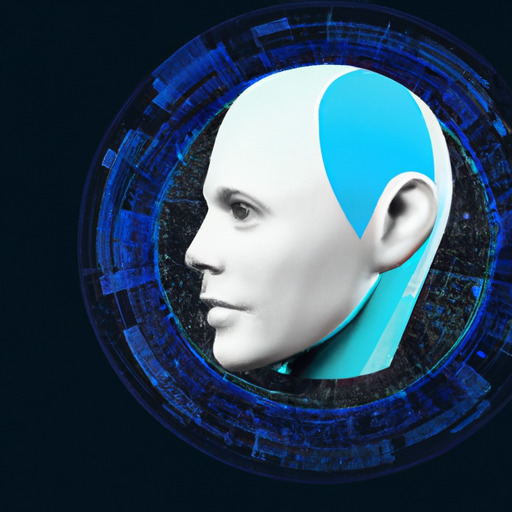Have you ever dreamed of creating your own virtual assistant or having your favorite celebrity narrate your audiobook? Thanks to MyShell’s new OpenVoice model, that dream can now become a reality. Open source AI voice cloning has arrived and it’s shaking up the world of voice technology. In this blog post, we’ll explore the details of this groundbreaking development and its potential impact on various industries.
First, let’s define what open source AI voice cloning actually means. Open source refers to software that is made freely available for anyone to use, modify, and distribute. AI voice cloning, on the other hand, is the process of creating a computer-generated voice that sounds indistinguishable from a real human voice. Combine these two concepts and you have MyShell’s OpenVoice model, a cutting-edge technology that allows users to create their own custom AI voices for various purposes.
One of the biggest advantages of open source AI voice cloning is its accessibility. With the OpenVoice model, individuals and companies no longer need to rely on expensive voice actors or complicated voice recording processes. Now, anyone with basic programming knowledge can create their own AI voice using MyShell’s platform. This opens up endless possibilities for voice applications, from personal projects to business solutions.
The potential impact of open source AI voice cloning extends to various industries. In the entertainment world, it could revolutionize the way audiobooks, podcasts, and video games are narrated. With the ability to create realistic AI voices, creators can now have more control and flexibility in their projects. In the corporate world, companies can utilize AI voices for customer service interactions, improving efficiency and reducing costs. The possibilities are truly endless.
Moreover, open source AI voice cloning also has the potential to bridge language barriers. MyShell’s platform supports multiple languages, allowing users to create AI voices in different languages. This could greatly benefit global communication, making it easier for people from different parts of the world to understand and interact with one another.
However, like with any new technology, open source AI voice cloning also raises ethical concerns. The use of AI voices in voice impersonation or deepfake videos can have serious consequences if not regulated properly. MyShell and other companies must ensure that their technology is used responsibly and ethically.
In conclusion, the arrival of open source AI voice cloning with MyShell’s OpenVoice model is a game-changing development in the world of voice technology. Its accessibility and potential impact on various industries make it an exciting innovation to watch out for. As this technology continues to evolve and develop, we can expect to see even more groundbreaking applications of AI voices in the near future. The future of voice technology has never been more exciting.
